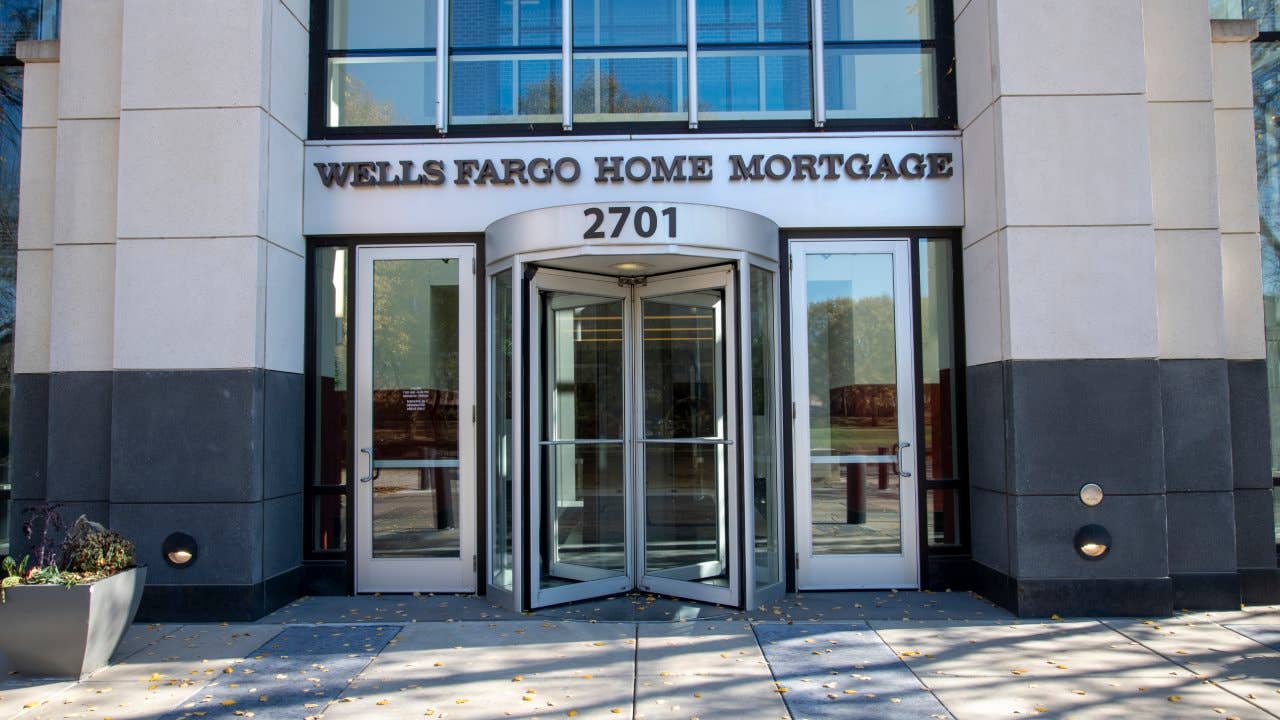Wells Fargo scales back mortgage lending: How does that affect borrowers?

In a move that reflects an ongoing shift in the mortgage market, Wells Fargo announced on Jan. 10 that it will do less home-loan business in the future.
The banking giant will continue to offer mortgages to customers who already have accounts and relationships with the financial institution, and the megabank also will maintain its efforts to narrow the racial gap in homeownership. But it seems likely Wells Fargo will relinquish its spot as one of the nation’s largest mortgage originators.
“They’re still going to be in the mortgage business, they’re just not going to be a big national player,” says Guy Cecala, publisher of “Inside Mortgage Finance.”
Wells is joining the ranks of traditional banks that have been giving up their position as the most active originators of mortgages. A new breed of mortgage-only companies — many of whom, like Rocket Mortgage, primarily operate online — have eagerly taken up the slack.
What Wells Fargo’s pullback means for consumers
In 2021, Wells Fargo originated 376,000 loans — the fourth-biggest number nationally — for a total amount of $159 billion. In terms of loan values, it ranked as the third-largest lender in the U.S., according to Home Mortgage Disclosure Act data. However, 2022 proved a difficult year for the mortgage industry as a whole as interest rates soared. Wells Fargo on Friday reported a 57 percent decline in mortgage revenue in the fourth quarter of 2022 compared to the same period in 2021.
It’s unclear what the numbers from Wells Fargo’s slimmed-down operation will be, but the bank has committed to scaling back. For borrowers – and especially those who aren’t Wells Fargo depositors – the move means marginally less choice.
“When you drop a competitor, it’s never good news for consumers,” says Ken Thomas, a banking analyst and founder of the Miami-based Community Development Fund. “Fewer competitors mean prices go up. Some of the closing costs may go up. There are so many non-rate aspects of a mortgage.”
Now more than ever, the traditional wisdom applies: Potential borrowers should shop around. By comparing at least three mortgage offers from competing lenders, you can save thousands of dollars over the life of your loan.
“There’ll be less competitors out there,” Cecala says. “That being said, the banks weren’t the most competitive.”
A love-hate relationship with mortgages
Banks are still in the mortgage business, of course. In a bid to woo affluent customers, they’re focusing on jumbo mortgages — big-ticket ($647,000-plus) loans for highly-priced homes — and often market mortgage discounts and deals to their best customers.
But if you took out a mortgage in the past couple years, chances are you opted for a non-bank lender rather than the institution where you keep your checking and savings accounts. That’s because traditional financial institutions, even those with active residential mortgage departments, largely have been scaling back their home-financing operations.
Just two banks (Wells Fargo and JPMorgan Chase) were ranked among the 10 most active lenders by number of mortgages originated in 2021, according to federal Home Mortgage Disclosure Act data.
“Going back many years, banks have had a love-hate relationship with mortgages,” Cecala says. After the real estate bubble and anything-goes years of the early 2000s, many of them were burned badly by the subprime mortgage meltdown and financial crash of 2007-2008. Bankers continue to chafe under the more onerous regulatory guidelines that emerged during the subsequent Great Recession.
Still, banks are likely to remain mortgage players, even if it’s in a more limited role. “It is very hard for a bank to abandon mortgage lending long-term, because it’s a very important part of their customers’ financial lives,” Cecala says.
Rise of the online loan originator
As brick-and-mortar institutions have retreated from the home-financing field, alternative lenders such as Rocket Mortgage, United Wholesale Mortgage and LoanDepot.com have eagerly stepped into the breach, grabbing market share. In 2021, the top three originators by number of mortgages were non-bank lenders. The top two by loan value were also non-banks: Rocket Mortgage (with $340 billion worth of mortgages) and United Wholesale Mortgage ($227 billion).
Rocket in particular has paved the way for alternative lenders. Now, “they’re the industry giant,” Thomas says. “They’ve dominated the market for so long, every which way. No one can compete with them.”
Why we ask for feedback Your feedback helps us improve our content and services. It takes less than a minute to complete.
Your responses are anonymous and will only be used for improving our website.






